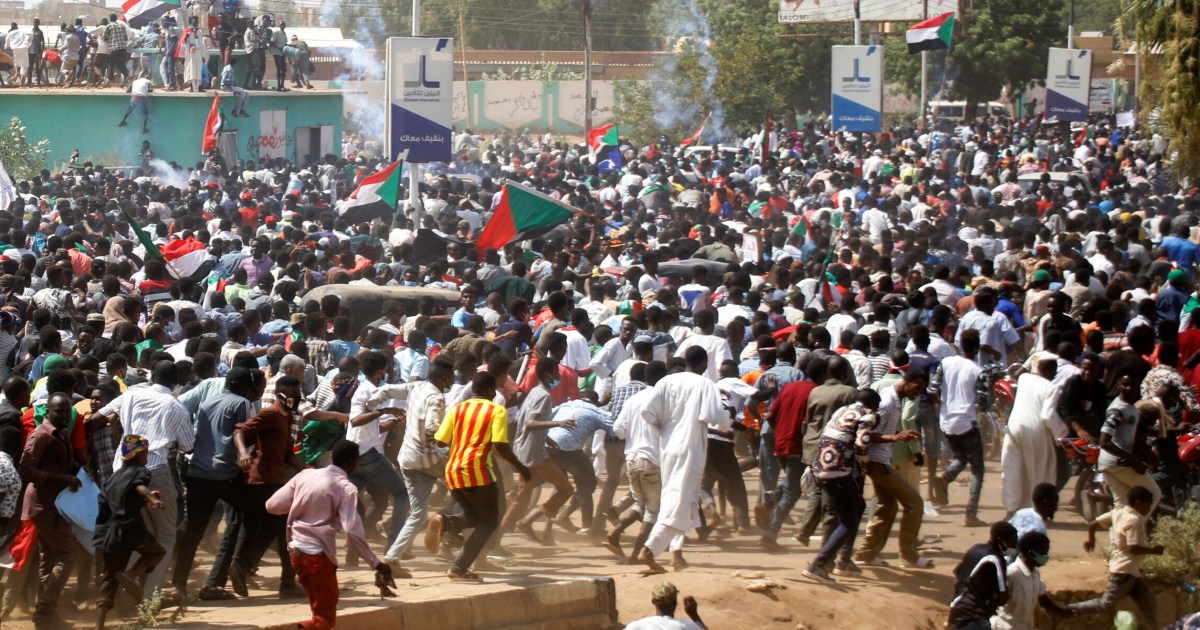A ministerial source in the Sudanese Council of Ministers said that all ministers submitted their resignations at the request of Prime Minister Abdullah Hamduk, who pledged during the last period to make ministerial amendments on the night of June 30 processions that demanded that the revolution be corrected.
The Sudanese Council of Ministers informed that Hamdock is conducting a cabinet reshuffle, and that the reshuffle comes in compliance with what was stated in a letter he addressed to the Sudanese people last June 29, on the eve of the June 30 processions, which called for correcting the path of the Sudanese revolution, achieving the transitional period's benefits, and dismissing the government.
These developments are linked to the approach of signing a peace agreement with the factions of the Revolutionary Front in the city of Juba, where it was agreed in principle to share power, and there are not a few details left to accomplish the peace agreement, which is expected to be within a week according to the mediation of South Sudan.
In his last speech, Hamdok promised to take decisive action within two weeks, amid sharp criticism of his government, describing it as failing to meet the benefits of the transitional period.
He stated that the balance on which the transitional period is based passes from time to time with many difficulties, and that internal and external forces are trying to destabilize Sudan, indicating that his country may go through a difficult stage, but he will not go back, as he put it.
Last Sunday, the Prime Minister decided to dismiss the Director General of the Police, Lieutenant General Adel Bashaer, from his position, and to appoint Lieutenant General Izz al-Din Sheikh Ali Mansour to succeed him. , And the restructuring of military institutions.
On June 30, thousands of Sudanese demonstrators went out in the capital, Khartoum, and various parts of the country, to demand "a correction of the course of the revolution," and the completion of the demands of the revolution that ousted ousted President Omar al-Bashir.
On April 11, 2019, the army leadership dismissed al-Bashir from the presidency under popular protests that began in late 2018 to denounce the deteriorating economic situation.
On August 21, 2019, a transition period of 39 months began with the end of elections, during which power and the Alliance for the Liberation of Change and Power (CPA) will share power, along with a transitional government.

